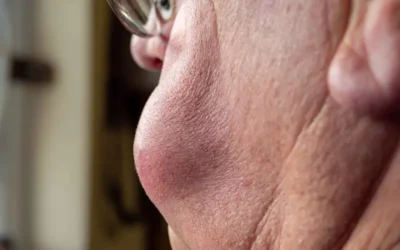Medical billing responsibilities have become more extensive, with more medicines being covered by Medicare.
Medicare Part B
Patients would be glad to know that Medicare Part B now covers some pretty expensive drugs. Medicare Part B usually covers outpatient services and doctor visits. Medicare.gov states that Part B covers:
- Clinical research
- Ambulance services
- Durable medical equipment (DME)
- Mental health
- Inpatient
- Outpatient
- Partial hospitalization
- Getting a second opinion before surgery
- Limited outpatient prescription drugs
Certain medications that are usually infused or injected by the physician are also now covered. Some of these medications, as doctors might know, are steeply priced.
Rising Drug Expenditures under Medicare Part B
Drug expenditures under Medicare Part B have seen an average annual rise of 4.4% from 2007 all through 2013. Much of the reason behind this is the 83 medications that have been newly covered, with a majority of these being drugs that are manufactured using living sources, and their administration requires close physician supervision, unique storage needs, and personalized administering.
Most of these medications are for treating cancer and blood diseases. Some of them are also used for diagnostic imaging; others treat some rare health conditions, while still others treat certain conditions commonly affecting older individuals.
Part B Drugs Added by Medicare
According to the Government Accountability Office (GAO), Lucentis, Prolia and Eylea are the medications that accounted for more than half of the Part B drug spending. Most of the Part B drugs also cost more than $9000 per beneficiary back in 2013. Beneficiaries also had to face out-of-pocket costs for these drugs that varied from $1900 to $107,000 for each drug.
Here’s a reminder for doctors about the purpose served by each of these drugs:
- Lucentis serves the treatment of macular degeneration related to age. In 2013 this was Medicare Part B’s most expensive drug, since a large number of people were using it. That year the cost per beneficiary for the drug amounted to $9,423.
- Eylea had even more users – 109,527. It is also used for treating age-related macular degeneration. The drug was approved in 2011 which resultantly caused a hike in Medicare spending.
- Prolia was consumed by 239,393 Medicare beneficiaries in 2013, costing Medicare $665 million. The drug treats osteoporosis, costing $2,776 per beneficiary. Its usage increased from 2011 to 2013.
- Treanda is a cancer drug that was only used by 15,288 of Medicare beneficiaries in 2013 but cost more for Medicare since it has a massive $21,685 price tag per person. The drug treats chronic lymphocytic leukemia.
- Lexiscan is used for better diagnostic imaging for testing heart function. It was used by close to 1.2 million beneficiaries of Medicare.
With these drugs now covered under Medicare Part B, healthcare has become even more accessible. The medical billing process now includes billing for these medications as well. Advanced billing software can help in ensuring flawless billing for maximum reimbursement.



